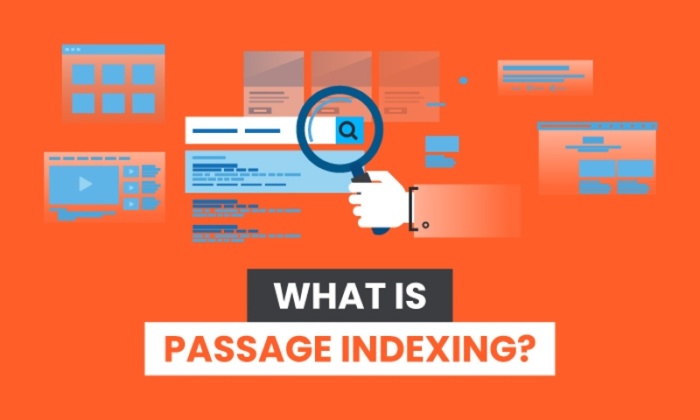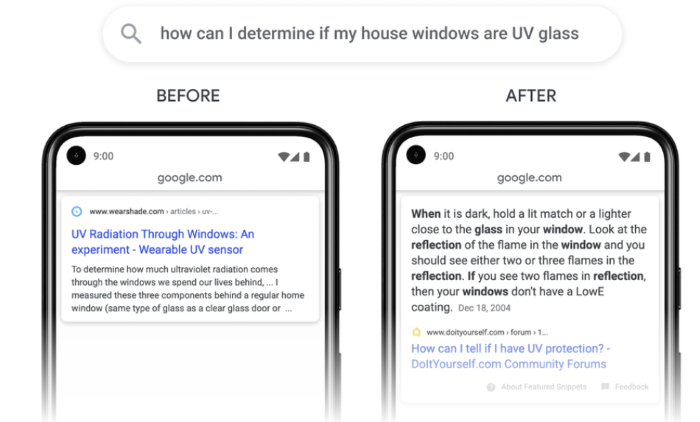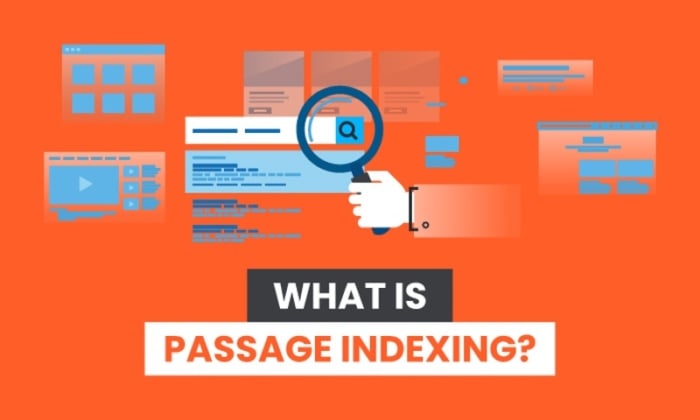What is Passage Indexing & What Does it Mean for SEO?

By Neil Patel
There are few things Google likes more than updating its ranking signals. If you’ve heard about passage indexing, there’s a good chance you have questions.
What is passage indexing? Is it a significant update that will tank your website traffic? Or is it just another small change in Google’s ever-evolving algorithm and ranking factors?
Take a deep breath and ignore the doom and gloom.
There’s good news: Passage indexing is not a huge Google update. It’s a small tweak to help the search engine understand content better and deliver the best results to searchers.
There is no reason to stress about this update, go crazy trying to update your content, or spend thousands of dollars to get someone else to update it for you.
(If you noticed a considerable drop in traffic recently, I recommend using this guide to diagnose traffic drops using Google Analytics, but most likely, passage indexing was not the cause.)
However, this is not to say that this change doesn’t matter at all. There are SEO implications, which I’ll explain, and I’ll also share a few tips to help you make the most of passage indexing.
What is Passage Indexing?
Google passage indexing is an automated feature that pulls sections from pages into search engine results, even if the page covers a slightly different topic from the main one.
What does that actually mean?
Let’s look at an example: Say you wrote a long-form post about affiliate marketing. Your goal was to cover the topic in its entirety, so you included sections on how to be a successful affiliate marketer, what affiliate marketing tools to use, what affiliate marketing networks are most popular, and how to get started in affiliate marketing.
That is a ton of useful content, but it also means your entire post probably won’t rank well for terms like “affiliate marketing networks” because only one section covers that topic.
With passage indexing, Google can pull out sections of your content and rank it independently of the rest of the page. For example, your section on “affiliate marketing tools” might rank for that keyword, even if the entire post isn’t optimized for it.
See? Not such a big deal.
Here’s an example of how passage indexing impacts search results:

Notice how Google bolds certain words it deems relevant to the search. It’s looking for keywords that show the content is likely to be useful for a specific query.
Google’s Martin Splitt said he would call the changes “Passage Ranking” because it’s actually a ranking change rather than an indexing change, so you might see those terms used interchangeably.
Passage Indexing vs. Featured Snippets: What’s the Difference?
Featured snippets offer users an instant answer to short questions, which means users don’t have to click to get the answer to their question.
For …read more
Source:: Kiss Metrics Blog









